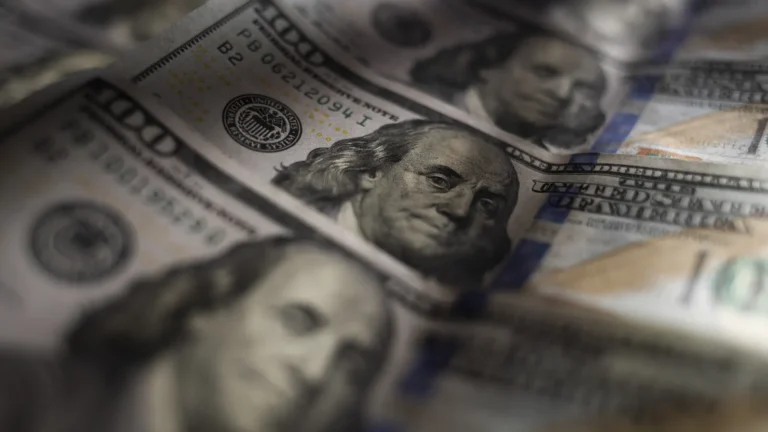The U.S. dollar traded flat on Thursday as investors stayed cautious ahead of the upcoming U.S. payroll report. Traders expect the data to provide new signals on whether the Federal Reserve will move toward cutting interest rates. The dollar also faced pressure from a new trade deal between the U.S. and Vietnam, which sparked hopes of similar agreements before tariffs take effect on July 9.
Early trading in Asia showed limited movement in major currencies. The pound gained slightly after its drop on Wednesday. The euro remained stable, while the yen edged up a bit. The dollar index, which compares the greenback to six major currencies, held at 96.701, close to its lowest level in over three years. The index is set to drop 0.5% this week.
Markets are focused on the June employment data from the U.S. Labor Department, which will be released later today. The report comes just before the July 4 holiday. Earlier this week, private job data from ADP showed a decline in payrolls for the first time in over two years. This raised questions about the strength of the job market.
Following the ADP data, traders adjusted their expectations for a Federal Reserve rate cut. According to the CME FedWatch tool, there is now a 25% chance of a rate cut in July, up from 20% the day before.
Charu Chanana, chief investment strategist at Saxo, said the data has shifted the market’s mood. “The ADP print has certainly raised the stakes for nonfarm payrolls today,” she explained. “Bad news might not be seen as good news anymore. If recession fears grow, soft data may now be viewed as simply bad.”
Meanwhile, trade tensions remain high. President Donald Trump confirmed a trade agreement with Vietnam that could influence other countries to follow. While full details are still unknown, Trump said Vietnamese goods would face a 20% tariff. Products from other nations that are shipped through Vietnam may face a higher 40% duty.
Experts say this signals a major shift in how supply chains are handled. Chanana pointed out that China might soon respond, especially since the new rules seem to target trans-shipment practices directly. “It’s a clear signal that global supply chains are being reshaped, and more disruption may be ahead,” she said.
The tariff move adds to the market’s uncertainty, especially with the July 9 deadline getting closer. Investors worry that more aggressive trade actions could hurt global trade and slow down economic growth.
In the U.K., political worries added to market stress. British Prime Minister Keir Starmer quickly backed Finance Minister Rachel Reeves after a difficult day in Parliament. Reeves broke down in tears during a debate, just one day after the government stepped back from planned welfare changes. This stirred fresh concerns about the country’s financial plans.
As a result, the pound fell nearly 1% on Wednesday, and British government bonds also declined. On Thursday, the pound bounced slightly and was last seen at $1.3647 in Asian markets. The euro was unchanged at $1.1806, holding near its recent high. The yen traded at 143.56 per dollar.
Elsewhere, political divisions in Washington added more pressure. House Republicans struggled to push forward a large tax and spending package backed by Trump. Several lawmakers blocked progress over the high cost of the plan. The bill could increase the national debt by $3.3 trillion.
That figure is worrying bond investors worldwide, who are already nervous about rising debt levels in major economies such as Japan and the U.S. Eddy Loh, Chief Investment Officer at Maybank Wealth Management, noted that the U.S. may have limited room to support growth without adding to deficit concerns. “They may be somewhat constrained in how much fiscal support they can offer without worsening the debt picture,” he said.







